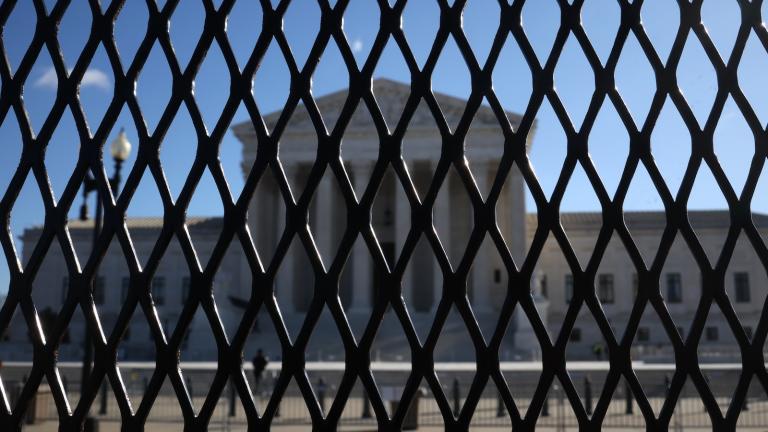As I reported a few days ago, the Guardian recently uncovered what it called a “secret” World Bank assessment holding U.S. and European biofuel boosterism largely responsible for the recent run-up in global food prices. You know, the one that has pushed 50 million new people under the poverty line globally, and essentially priced tens of millions of already-poor folks out of food markets.
(The government-engineered biofuel boom has also unleashed a veritable tsunami of petrochemicals onto farmland globally — supercharging the profits of agribiz input suppliers — and pushed farmers onto millions of acres of ecologically sensitive land; but all of that is a topic for a different post.)
Citing unnamed sources, The Guardian suggested that the report had been squashed “to avoid embarrassing President George Bush,” a fervent champion of using heroic government intervention to prop up biofuel use.
Not surprisingly, the World Bank has gone into damage-control mode. The Wall Street Journal’s Environmental Capital blog got hold of Don Mitchell, the World Bank senior economist who penned the report in question. He claims it was merely a “working paper” meant to generate internal discussion, not an official Bank position paper destined for the public sphere. The Journal blog also got a quote on the affair from World Bank president Robert Zoelick, who added an interesting twist on the whole thing. He said:
That’s an internal study that we’ve been circulating to people to try to get different views from other aid agencies and different economic analyses. So, my own view is that that is probably at the far end. You see other people talk about ranges of 20 percent, 25 percent. There’s some [estimates] at the lower end that I think are less credible. So, on this one I think I’m going to rely on the experts to be able to sort it through.
Now, as I wrote a few days ago, Zoelick is an old crony of G.W. Bush, who appointed Zoelick to his current post at the Bank. Years ago, Zoelick held a senior post in Bush I’s State Department. His final among many jobs under Bush II was to craft our nation’s China policy as Deputy Secretary of State. (Zoelick left that gig to join Goldman Sachs, which helps run China’s biggest investment bank.)
Given that history, we should raise an eyebrow at Zoelick’s remark that “lower end” estimates of biofuel’s effect on food prices “lack credibility.” The lower-end estimates come from Bush’s own USDA, which claims that biofuels have barely affected food prices at all; and from a pair of researchers, cited in my earlier post, who were funded by the biofuel industry.
Is Zoelick questioning his old boss’ credibility on the biofuel issue?


